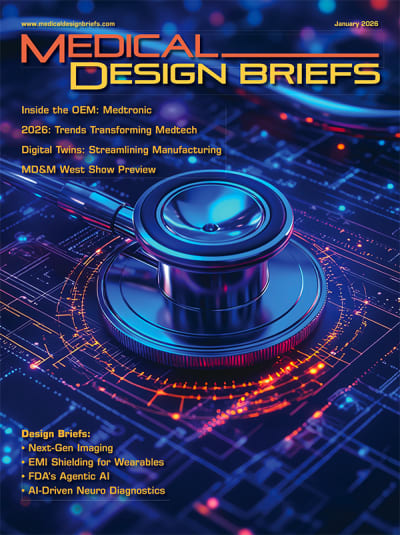
A new report has found that 36 percent of Americans admit they would continue to use products even after a recall. The trend proves generational. For instance, Millennials (45 percent) and Gen Z (59 percent) are twice as likely to continue to use at least one kind of recalled product compared to Boomers (18 percent) and Gen X (23 percent). The study was conducted by MasterControl, a provider of quality management and manufacturing software for life sciences and regulated industries.
“Companies hoping customers will take proactive steps to guard against recalled products aren’t taking the realities of consumer behavior into consideration. If products don’t get pulled from the market, companies are left open to legal and reputational risk,” says Jon Beckstrand, MasterControl CEO.
While 92 percent of consumers say they would take some type of action to mitigate the financial or physical harm from a recalled product — like asking for a refund or talking to a medical provider — many will then still continue to use the faulty products.
Among generations, Gen Z and Millennials are the least likely to take action. For example:
For recalled products that pose a health or safety risk, Millennials (18 percent) and Gen Z (17 percent) are three times more likely to continue to use them than Boomers (3 percent) and Gen X (6 percent).
21 percent of Gen Z agreed they are likely to use recalled vaccines compared to 3 percent of Boomers, 11 percent of Gen X, and 14 percent of Millennials.
The report also found that Americans want what they consume to be of high standard. But consumer apathy doesn’t necessarily equate to brand loyalty. When recalls occur, many consumers abandon future interactions with brands, refusing to purchase more products from them or telling personal networks to avoid the brand.
Respondents to the study offer clues about how brands can have more effective recalls — what channels they get information from, how they prefer to receive information, what it would take for brands to get them to act on recalled products, and more. Nearly 40 percent of respondents feel there needs to be enhanced communication about recalls.
“Preventing recalls is by far the best way for brands to build trust and reduce costs. However, if mistakes make it to market, the rising generation is looking for companies to engage and communicate with them in new ways,” Beckstrand said.
Sherrie Trigg
Editor and Director of Medical Content
To read the full report, go here .



